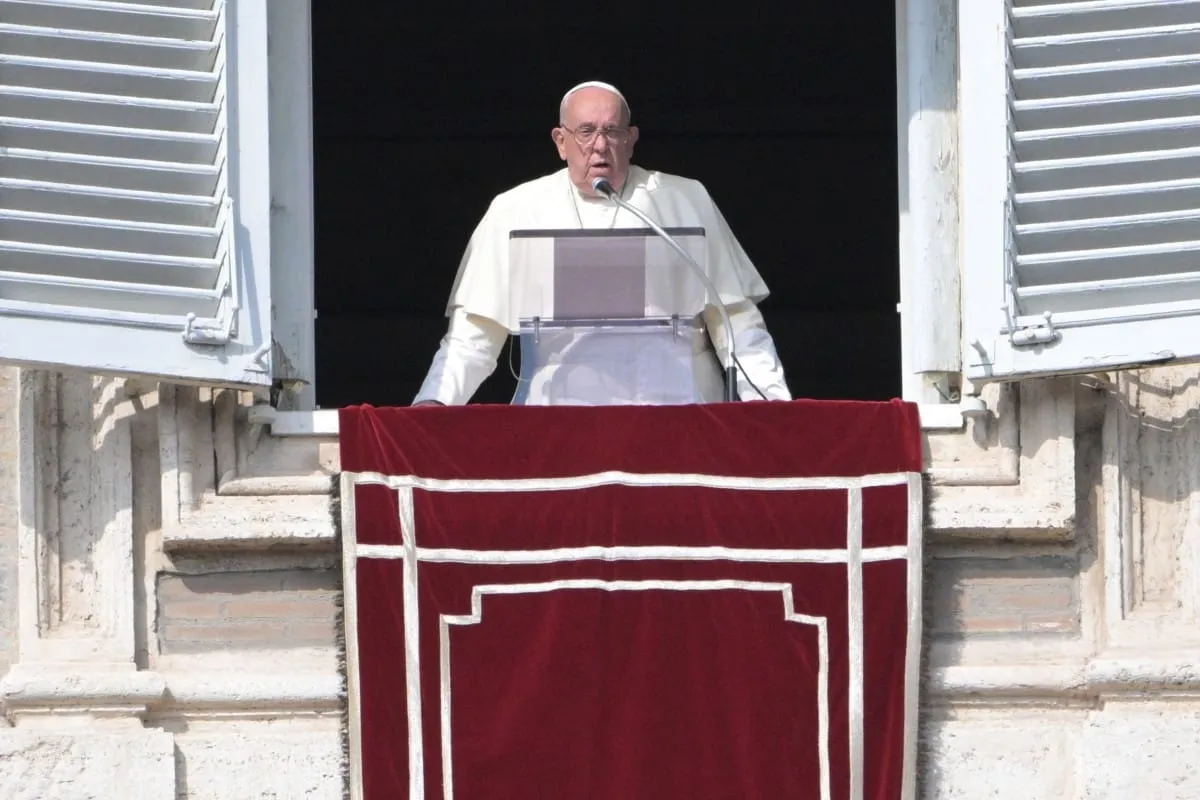Pope Francis Faces Growing Discontent: Is His Influence Waning in the U.S.?
Pope Francis, the leader of the Roman Catholic Church, is currently facing a wave of discontent among U.S. Catholics, raising questions about his influence and the future of his papacy. With a 58% favorable rating among Americans, this marks one of the lowest points since he assumed the papacy in 2013. The growing dissatisfaction is evident not only in his overall approval ratings but also in the stark partisan divide that has emerged regarding his leadership.
Who is Affected?
The discontent surrounding Pope Francis is particularly pronounced among U.S. Catholics. While three-quarters of U.S. Catholics still view him positively, this figure masks a significant decline in support from conservative factions within the Church. The Pew Research survey indicates that only 45% of American Catholics now rate him positively for his handling of traditional moral values, a stark contrast to the high marks he received in earlier years.
What is the Current Situation?
The current landscape reveals a growing polarization among U.S. Catholics. Approximately 89% of Catholic Democrats view Pope Francis favorably, while only 63% of Catholic Republicans share the same sentiment. This represents the largest partisan divide in approval ratings since his papacy began. The decline in support is particularly alarming for a leader who once enjoyed favorability ratings above 75% among U.S. Catholics.
When Did This Change Occur?
Since becoming pope in 2013, Francis’s favorability ratings have fluctuated but generally remained robust. However, recent events, including the Vatican’s decision to allow priests to bless same-sex couples, have not significantly improved his ratings among conservatives. In fact, this decision has contributed to a growing discontent among traditionalist Catholics, further alienating them from the papacy.
Where is the Discontent Coming From?
The discontent is rooted in a combination of factors, including declining support for traditional values and a desire for reforms within the Church. A significant 83% of U.S. Catholics express support for allowing contraception, while 75% favor permitting unmarried couples to receive Communion. Additionally, 54% support recognizing same-sex marriages. However, these views vary significantly along partisan lines, highlighting the complexities of the current situation.
Why is This Happening?
The decline in Pope Francis’s influence can be attributed to several factors, including his response to conservative criticism. In November 2023, he dismissed a conservative bishop in Texas who publicly criticized his leadership, further alienating conservative factions within the Church. This move, coupled with the Vatican’s recent policies, has left many traditionalist Catholics feeling disillusioned and disconnected from the papacy.
How Are U.S. Catholics Responding?
The response from U.S. Catholics has been mixed. While about 70% believe that Pope Francis represents a change in direction for the Church, opinions on whether this change is positive vary widely based on political affiliation and church attendance frequency. The growing discontent among conservative Catholics suggests that many are struggling to reconcile their beliefs with the direction in which the Church is heading under Francis’s leadership.
Conclusion
As Pope Francis navigates the complexities of his papacy, the growing discontent among U.S. Catholics raises important questions about his influence and the future of the Church. With a significant partisan divide and declining support for traditional values, the challenges he faces are multifaceted. While he remains a figure of hope for many, the waning influence among conservative factions signals a critical juncture for the Catholic Church in the United States. The coming months will be crucial in determining whether Pope Francis can bridge the divide and restore unity within the Church, or if his influence will continue to wane amid increasing polarization.






Leave a Comment